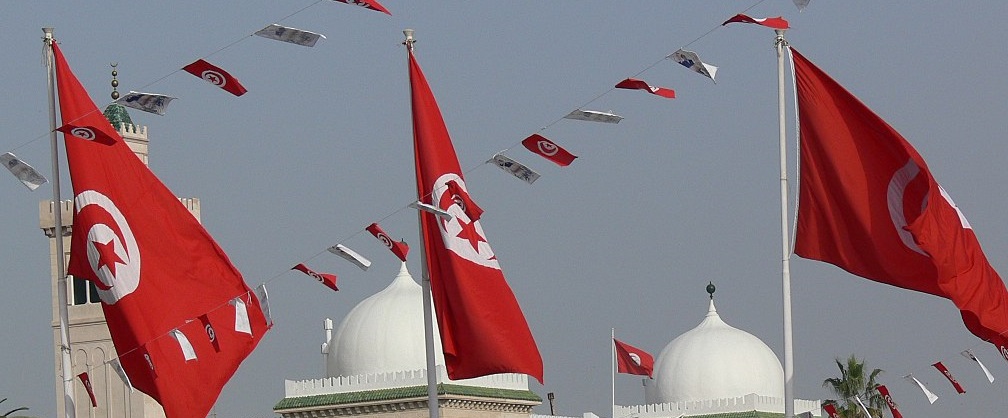Can you imagine being put in prison for what you say about a public figure on your personal Facebook page? That’s exactly what happened in Tunisia earlier this month.
On August 5th, Nabil Rabhi, a Tunisian blogger, was sentenced to six months in prison and fined 1,200 dinars (approximately $500 USD) for publishing what local authorities deemed “defamatory statements” about Tunisia’s president and his family on his Facebook page.
Authorities arrested and brought charges of criminal defamation against Rabhi in July, after he published a series of posts criticizing President Beji Caïd Essebsi and his son Hafedh Caïd Essebsi, who is also the executive director of the Nidaa Tounes party, a ruling party. In addition, Rabhi criticized Borhène Bsaies, the party’s communications director. After Rabhi was charged, he was tried before the First Degree Court in Sousse, found guilty, and then sentenced to prison on August 4th.
Article 245 of Tunisia’s penal code defines defamation as “any allegation or public imputation of a fact that harms the honor or the esteem of a person or official body.” Article 247 prescribes a penalty of up to six months in prison and a fine.
Rabhi got the maximum punishment for his actions. He was effectively silenced for sharing his opinions about public officials, even though that stands in direct conflict with Tunisia’s commitments on human rights. This has clear implications for free expression and political discourse in Tunisia.
Criminal prosecution for peaceful criticism of public officials violates international human rights law and standards. The U.N. Human Rights Committee, the independent body of experts that provides the definitive interpretation of the International Covenant on Civil and Political Rights (ICCPR), has said, “defamation laws must be crafted with care to ensure that they… do not serve, in practice, to stifle freedom of expression. All such laws, in particular penal defamation laws, should include such defenses as the defense of truth and they should not be applied with regard to forms of expression that are not, of their nature, subject to verification.”
The committee also said that all public figures are legitimately subject to public criticism, and there should be no prohibition of criticism of public institutions. “The mere fact that forms of expression are considered to be insulting to a public figure is not sufficient to justify the imposition of penalties.”
Access Now is deeply concerned about Rabhi’s arrest and subsequent sentencing. Tunisia is a state party to the ICCPR and is therefore bound by its provisions, but what is happening to Rabhi puts in question the government’s commitment to upholding human rights. We urge lawmakers in Tunisia to reform the penal code to decriminalize defamation so that everyone can enjoy the fundamental right to free expression in a healthy, fully functioning democracy.
